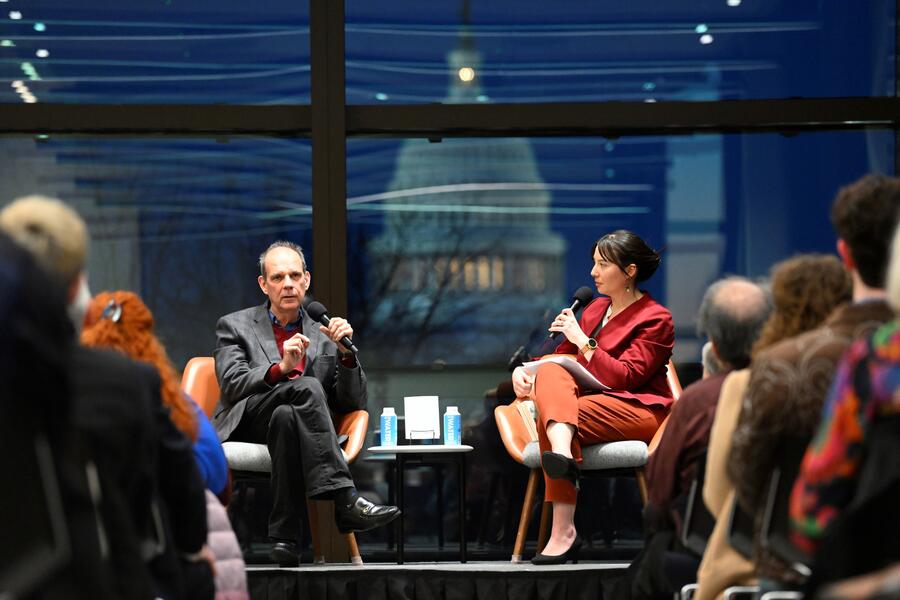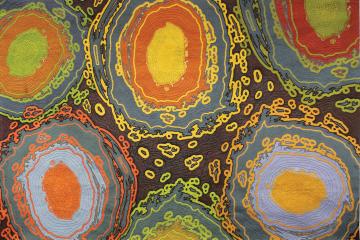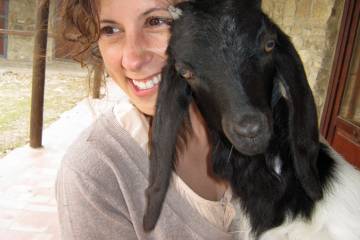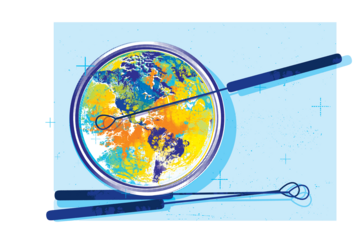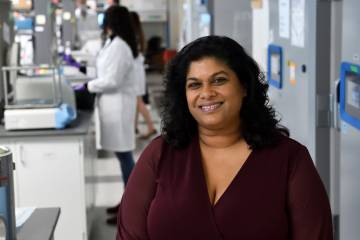Wavelengths, a Johns Hopkins program that provides creative and financial support to help Bloomberg Distinguished Professors share their research with the world, is opening its second round of funding to all Hopkins tenure-track faculty members, Peabody faculty, and APL scientific/technical staff.
Each participant selected for the 2027-29 cohort will write a narrative nonfiction book about their work in partnership with a journalist from a leading media company. Wavelengths also provides opportunities to engage in interviews and additional outreach projects. Participants hone their public communication skills, build visibility as expert advisers, and refine how they present their work in grant applications and for policy audiences.
"Wavelengths has been a tremendous success thus far, and we're thrilled to be able to support a wider cross-section of our research community's outreach efforts going forward," said Nick Wigginton, associate vice provost for research at Johns Hopkins University. "Engaging with broader audiences about the value and impact of our research has never been more important."
Launched in 2020 as a collaboration between the Office of the Vice Provost for Research and the Johns Hopkins University Press, Wavelengths is designed to bridge the academic and public spheres and bring the work of Bloomberg Distinguished Professors to the public, starting with a book series.
The first books, Why are Health Disparities Everyone's Problem? by Lisa Cooper and Can Fixing Dinner Fix the Planet? by Jessica Fanzo, published in summer 2021. Since then, the program has produced five additional books with four more slated for release in the next two years. To make science more accessible to audiences across the globe, the program collaborates with the press's Project MUSE to offer open-access digital versions through its website. Readers from more than 100 countries have downloaded content from the books more than 330,000 times.
Through strategic partnerships, the program has expanded to include additional outreach opportunities for grantees.
Wavelengths participants have co-developed lesson plans for middle school and high school educators in partnership with the National Science Teaching Association. Sabine Stanley's What's Hidden Inside Planets? inspired a traveling art exhibit featuring textile art pieces from six continents. Lisa Cooper is collaborating with the Mayo Clinic to develop a digital health toolkit for faith-based communities. And locally, many of the authors have participated in speaker events with the Sheridan Libraries and University Museums at the Hopkins Bloomberg Center, The Baltimore Museum of Art, and the State Department. Media placements and events for the program have reached millions of readers, viewers, listeners, and visitors.
"Vice Provost for Research Denis Wirtz's enthusiasm for the Bloomberg Distinguished Professorships program inspired me to bring Hopkins researchers' work to the public through the Wavelengths book series," said Barbara Kline Pope, executive director of the University Press and one of the original architects of the Wavelengths program. "Given the national and global opportunities our founding director Anna Marlis Burgard is creating for 11 faculty members, I eagerly anticipate the next phase of this collaborative endeavor with additional faculty members from across the university."
Johns Hopkins University and the Johns Hopkins University Press have committed to continuing the program through 2029.
To learn more about the Wavelengths program, visit its website. Faculty interested in the 2027-2029 program can find the application form here. Proposals from any discipline that foster broad public interest are welcome. The deadline for submissions is Sept. 26, 2025.




